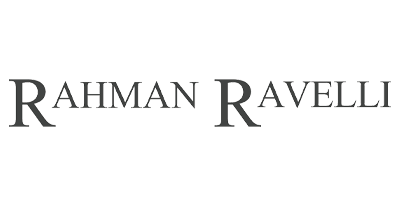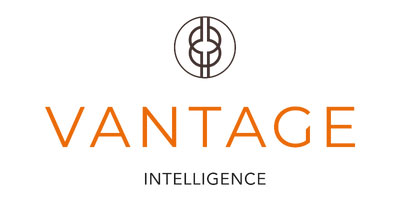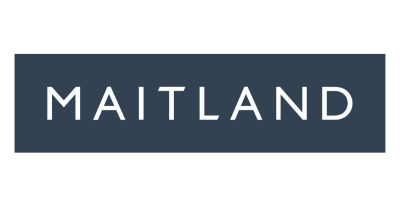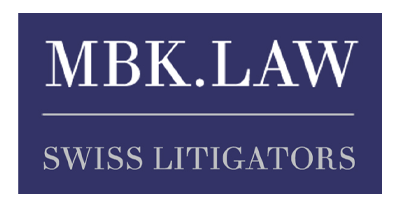Knowledge Hub
Join the Conversation!
Impartial and independent, ThoughtLeaders4 FIRE Knowledge Hub hosts cutting edge industry content and insight.
Email maddi@thoughtleaders4.com to submit content.
Switzerland: easy steps to kick off an asset search
Date: 15/07/2020 Type: Articles Topic: FIRE | Civil Fraud | Enforcement |Switzerland’s recurrent presence in multi-jurisdictional asset tracing exercises is certainly not proportionate to the small size of its territory. For creditors however, the Swiss jurisdiction poses a number of challenges in terms of information retrieval. From the lack of centralized data to the use of three different main languages in business life, conducting research in Switzerland is often perceived as complex and costly. That said, with a bit of time and expertise, a number of easy research steps can bring about significant preliminary information for the purpose of retrieving assets.
Clients at the outset of a case typically ask whether it is possible to locate a subject person and check whether that person owns properties in Switzerland. In spite of the deeply decentralised structure of Switzerland, various providers of credit reports maintain quite thorough databases of residents in the country and foreigners involved in a Swiss company. These reports usually mention current as well as past residential addresses. Although the information delivered is sometimes vague, outdated or confusing due to namesakes, the credit reports often constitute useful starting points for locating individuals and finding their properties.
The next step involves contacting local administrations to ask for residential address confirmation. Residence information is recorded at town level by specific registries. Their level of cooperation depends on their sensitivity to privacy issues, but they would generally not refuse to confirm to the investigator whether a subject person is officially a resident at a given address.
Once the current official address and / or past addresses have been retrieved, identifying the property owner is quite straightforward, with some exceptions. The local land registry provides this information, sometimes through a mere phone call. Documentary evidence is usually available too, although information in the land registry records available to third parties is quite limited.
A few additional public sources may help increase the comprehensiveness of the address search for identifying properties. In a recent case, we conducted a search in a specialised database that keeps records of construction permits filed by property owners. This research led to the identification of an address that was not listed in credit reports or phone directories, where the subject person owned a large villa.
When the investigator’s interests lean towards corporate entities, commerce registries (usually one per canton) can provide valuable information that should not be overlooked. At the beginning of a case, some clients contend that spending time on commerce registry filings might not represent an optimal use of the resources allocated to the investigator. But in many situations, this assumption is wrong.
Firstly, commerce registry filings often provide information about shareholding at some point in time. Typically, detailed information about the founding shareholders is available. If capital increases occurred, further information on subscribers of new shares may be available too. With a bit of luck, such information would be recent and would support some solid assumptions about current shareholding. Commerce registry documentation may even trigger further research abroad: in a past case, the detailed review of old filings showed that at some point, the subject person known to be a shareholder of a commodity trading company in Zug participated in a capital increase through an investment vehicle based in the Caribbean. Since this corporate entity was previously unknown from the client, further research was initiated in the Caribbean jurisdiction.
Secondly, commerce registry filings may help uncover financial information, although Swiss companies are not obliged to file any financial statements. Simplified financial statements may be released and filed at the commerce registry, for instance in the context of mergers or capital increases. Those statements may include some information about subsidiaries.
Thirdly, useful information about corporate officers and individual shareholders may emerge in commercial filings, such as copies of ID documents, dates of birth, addresses abroad or in Switzerland, etc.
Finally, commerce registry filings may include valuable information about the company’s bank relationships. In a recent case filed by a creditor against a commodity trading company, the review of corporate filings allowed for the identification of the name of the bank, and the specific bank account where the company’s share capital was deposited. The job of the creditor’s lawyer was made easier as he leveraged on this information to initiate a freezing injunction. In addition, shareholders may hold personal accounts at the same banking institution as the companies they own.
Although reviewing corporate filings looks like an easy step, accessing the relevant filings is not always straightforward, which leads back to our initial remark on how decentralised Switzerland is. Although in some cantons, records are fully digitalized and may be purchased online, in some other cantons, they are available in hard copies only; in the worst-case scenario, each page should be individually copied and certified with an associated cost of several Swiss francs per page… In some cantons, on-site visit is recommended to browse through the whole file and identify the relevant documents to be copied.
Beyond public domain information, simple observations on the ground may lead to significant breakthroughs. In a past case, the observation of a mailbox at the subject person’s address in Zurich allowed for the identification of a Panama company that received post mail there, and was ultimately found to be controlled by the subject. In another case, a luxury car was observed in front of the villa owned by the subject person. In this canton, asking the local administration for the identity of a license plate’s holder was possible for anyone. The holder of the luxury car’s license plate was a previously unidentified company where a known nominee of the subject person was sole Board member.
All of these research steps, combined with a bit of luck, might be sufficient to meet the objectives of some creditors. In other cases, they will represent an indispensable stepping stone for deeper inquiries, such as interviews.
Author
Yannick Poivey – Swiss Forensic & Compliance Sàrl (Switzerland)
Our FIRE Corporate Partners

































